This is part five in the series “Arabs Say…” featuring Arabic speakers from around the Arab world who gives their views on their language and how it is used today. Of course, we should keep in mind that these are personal views and do not represent the views of everyone in their countries. Still, we can learn a lot about the overall linguistic situation and some commonalities and regional differences.






*Franco Arabic: Writing Arabic dialect in Latin characters in text messages and online.

*Franco Arabic: Writing Arabic dialect in Latin characters in text messages and online.





*Or Classical Arabic, upon which MSA is based. Arabs generally don't make the distinction between MSA and Classical Arabic that foreign students of the language do.

*Or Classical Arabic, upon which MSA is based. Arabs generally don't make the distinction between MSA and Classical Arabic that foreign students of the language do.











Using local dialects instead of Modern Standard Arabic (MSA) has both advantages and disadvantages according to Arab speakers from different regions.
Advantages:
- Ease and Comfort: Local dialects are easier to use and more natural since they are learned from a young age and used daily.
- Cultural Identity: Dialects reflect cultural and regional identity, making speakers feel connected to their heritage.
- Speed and Fluency: Conversations flow more quickly and fluently in dialects, without the need for strict grammatical rules.
- Emotional Expression: Dialects often better express personal feelings and nuances, making communication more relatable and heartfelt.
- Code-Switching: Dialects can be used as a form of code when traveling or communicating with others from the same region, making conversations more private.
Disadvantages:
- Mutual Comprehension: Other Arabic speakers may not understand the dialect, leading to communication barriers.
- Decline of MSA Proficiency: Over-reliance on dialects can reduce proficiency in MSA, which is important for formal communication and understanding classical texts.
- Lack of Formality: Dialects are not suitable for formal settings, official documents, or academic purposes.
- Grammar and Standardization Issues: Dialects lack standardized rules, leading to inconsistencies in spelling and pronunciation.
- Cultural and Linguistic Disconnect: Excessive use of dialects can create a cultural and linguistic gap, making it harder to communicate with Arabs from other regions and undermining the shared linguistic heritage of MSA.
Overall, while dialects offer ease and cultural resonance, they pose significant challenges for wider communication and maintaining the richness and unity of the Arabic language.

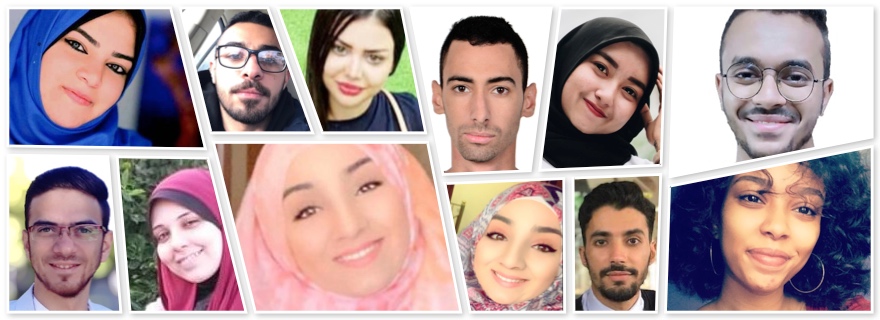
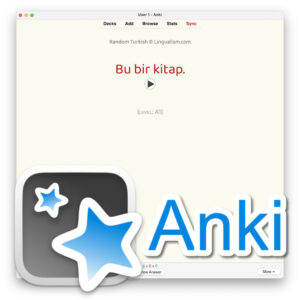
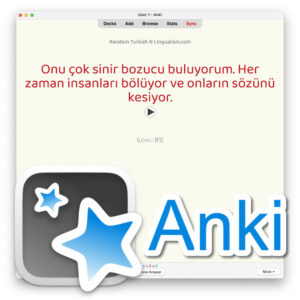


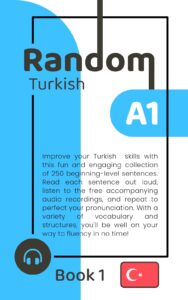
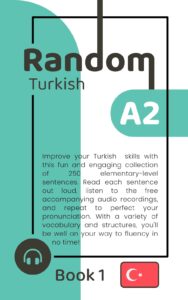
Very Interesting….. except for the guy who talked about Autism again.
I really enjoy these “Arabs Say…” posts, not just for the insights that they offer to people like me who know (?) MSA and want to pick up a dialect or three, but because of the variety of nations/dialects covered (in addition to the wide array of opinions given) in each one of them.
So many formal institutions, at least here in the West, only offer one or two dialects – Egyptian and Levantine. It’s good to see insight from someone who speaks Omani, or Gulf, or Maghrebi.
The situation for native Arab speakers living in an Arabic country is fundamentally and totally different from a non-native speaker – living in America, Europe, or Japan – who is just interested in this fascinatingly elegant language and the culture. 99% of these people MSA is the first, and for 98% the only interaction with the Arabic language, and Lingualism.com is for these people. My teachers used to tell me that “you shouldn’t waste time on learning a dialect in Budapest, you should focus on MSA and Classical, since a dialect is only usable when you visit a specific country, and anyway you would pick up the local dialect in a couple of weeks, if you have sound MSA”. Even 30 years ago, it was a big question why the hell to learn any variety of Arabic? For practical purposes it’s really a waste of effort, honestly, since all educated and even less educated Arabic people speak fluently English or French. So, it’s really interesting why to keep alive a kind of artificial language, MSA, since it is massively replaced by English. Dialects, on the other hand, are eternal.